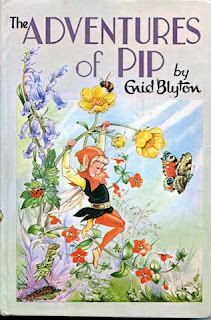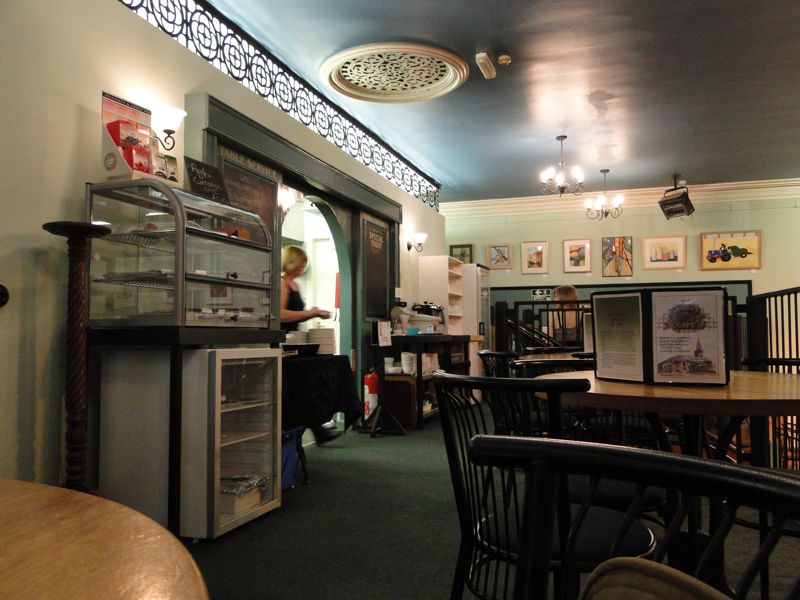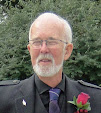This morning I read Jabblog's post about about cookery books and the collection or otherwise thereof.
I was married to a lady who was a superb cook and hostess (and mother for that matter). After we were married my wife announced that she would do the cooking and the ironing and I would do the housework. I asked if that was negotiable and the reply was in the negative. Having said that I can't say that I did all the housework all the time. However, I was not allowed into the kitchen to cook.
So when we separated I had to rely on what knowledge I had gathered and cookery books. I was fortunate in that my Mother believed in her children being taught all the elementary aspects of running a house including cooking. I thoroughly enjoyed cooking and a dinner party for 12 (the maximum my table can take) held no fear whatsoever and as people kept accepting invitations I assume that they were reasonably happy with the results.
As for cookery books, like any other subject in which I became engrossed, I collected many. Very many. Far too many. Indeed a few years ago I had a massive cull of my bookshelves and, despite a few recent purchases including "Bosh" I only have 21 now (just counted!). Having said that most of the time when I want to try something new now I search the internet for ideas and rely on my books for old favourites. In addition I have a folder with favourite recipes and tips in it and I also keep quite a lot of recipes on my computer.
The Hamlyn Books were my originals and I still refer to them. By far the most important at one time when I was doing a lot of dinner parties was "50 Great Curries of India". I learned a lot about curries but they can take days to make and I rarely make them from scratch now. I've kept the book though because my late son gave it to me because, I think, he was friendly with the author's son.
Whilst writing this post I thought I'd see just how popular cookery books are these days. The answer according to Google is that a great many are written and published. and bought - many probably as presents. Many end up in Charity Shops and apparently some are used.



































